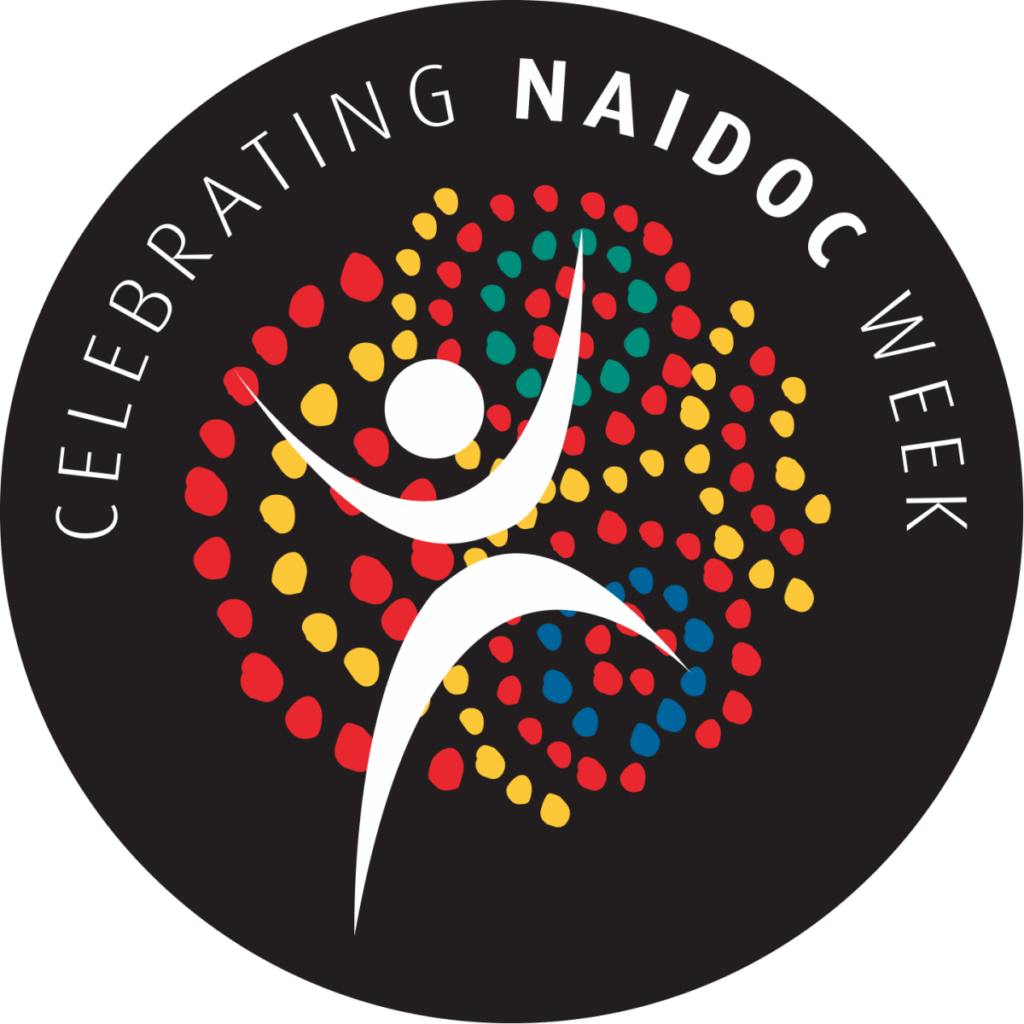Five things to consider before, during and after NAIDOC Week
-
Kathleen Gordon
- With Andrea Hogg and Josh Ahmat
Share
NAIDOC week presents schools with an opportunity to celebrate and recognise the HISTORIES, CULTURES and ACHIEVEMENTS of Aboriginal and Torres Strait Islander peoples. Download the Supporting NAIDOC toolkit to get started and consider ways to use these ideas and resources all year.
Aboriginal and Torres Strait readers are warned that the following post contains the names and images of people who have died.
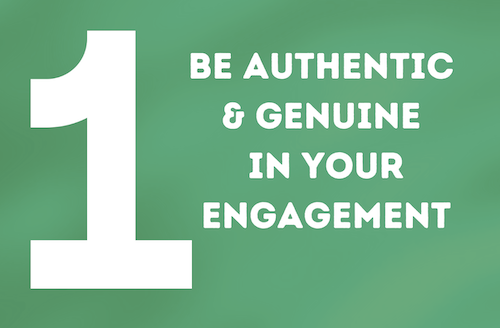

To what extent do you engage with Aboriginal and Torres Strait Islander peoples, cultures, and histories—both locally and more broadly?
Reflect on the depth and authenticity of your connections with First Nations communities. Consider the different circles in your life: do you have Aboriginal and/or Torres Strait Islander colleagues, friends, or collaborators? If so, how might you strengthen and deepen those relationships?
Think also about your engagement with key dates on the First Nations calendar. How do you acknowledge and participate in these significant cultural moments?
For a comprehensive list of dates and their meanings, see this article from Common Ground.
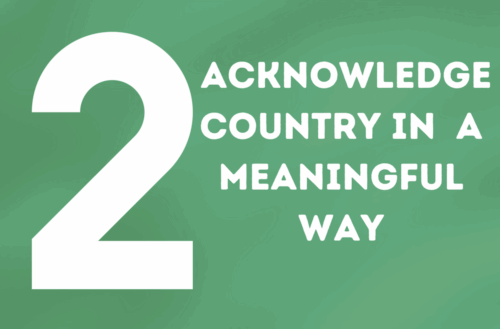

Acknowledgement of Country has sadly become divisive in some parts of Australia. This may be because it can feel repetitive or routine. In 2021, Shelly Reys, a Djiribul woman from North Queensland, gave a powerful TED talk called Deliver an Acknowledgement of Country that means something.
When Kathleen was asked to introduce herself to a national audience and give her own Acknowledgement a few years ago, she took inspiration from Shelly. You can watch both videos below. Kathleen has not shared this particular Acknowledgement again, as it was made for a specific moment.
The key is to make it personal, heartfelt, and suited to the situation. Keep it age-appropriate too. For example, a kindergarten group we know of make a circle and say with actions:
“We touch the ground of the Wangal land. We reach for the sky of the Wangal land.”
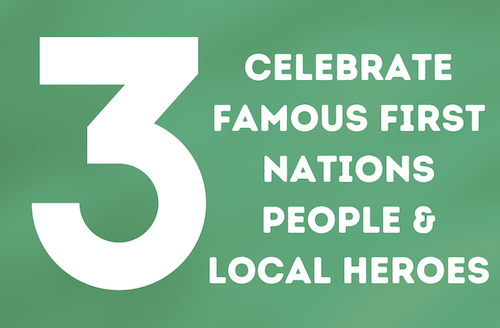
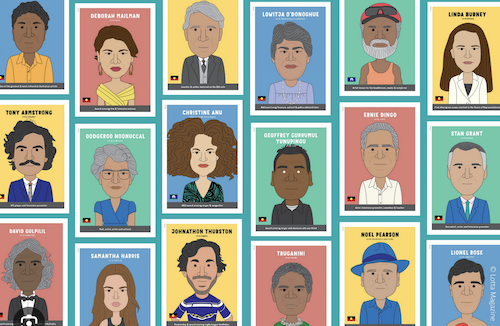
Celebrating the achievements of Aboriginal and Torres Strait Islander peoples in schools fosters pride, respect, and cultural understanding. Ensure content reflects diversity and strengths, not just struggles. Be culturally sensitive: many communities observe protocols around naming and showing images of deceased people. Always consult local Aboriginal and Torres Strait Islander groups, and follow appropriate guidance. Sources include:
- The National Film and Sound Archive have curated a collection of First Nations Portraits.
- 100 great Aboriginal and Torres Strait Islanders you really ought to know has been compiled by the UTS Journalism Lab.
- The Australian Olympic Committee has a list of known Indigenous Australians who have competed at the Olympics Games from 1964 (Tokyo) to 2024 (Paris).
- Lotta magazine has produced two sets of 36 posters of famous Indigenous Australians (pictured above).
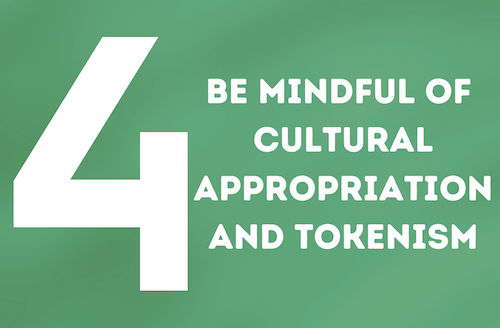

Using Aboriginal face painting in educational settings is a sensitive issue and requires cultural respect and awareness. Educators need to reflect on their motivations—whether they are genuinely appreciating Aboriginal cultures or engaging in tokenism. The use of First Nations symbols in face painting carries deep spiritual and cultural significance and may risk cultural appropriation if misused. Jessica Stains, Wiradjuri woman and founder of Koori Curriculum, has written an insightful blog post, Let’s Yarn About Face Painting and Aboriginal Symbols. Korri Curriculum also offer many curriculum resources and professional learning opportunities.


While you may already be using a range of resources to teach First Nations stories, cultures, and histories, incorporating local voices adds a powerful layer of authenticity to your classroom. Take time to learn about the Traditional Owners of the land your school and home are on—their histories, stories, and ongoing connection to Country. Organisations like AIATSIS and the National Native Title Tribunal can help you identify local Traditional Owners and take the first steps toward building respectful relationships.
Another meaningful way to centre First Nations voices is by supporting Blak-owned businesses. Whether it’s classroom materials, books, art, or food, these choices can spark important conversations and offer visible, everyday support. Supply Nation is a great starting point to find verified Aboriginal and Torres Strait Islander businesses across a wide range of industries.
About the Authors
Kathleen (she/her) is a former primary school teacher. Her family came to Australia from Scotland and Ireland in the late 1800s. She was born on Mandandanji country in Roma and now lives and works on Kabi Kabi country on the Sunshine Coast, Queensland.
As a proud Torres Strait Islander man with connections to Badu and Erub Islands, Josh is passionate about improving educational outcomes for mob first, and all young people, regardless of cultural heritage or faith background. With a lived experience deeply rooted in his Christian faith, identity as a Torres Strait Islander man, and having spent the last eight years in education, Josh has an unwavering passion for transforming educational landscapes, fostering inclusivity and bridging gaps in learning outcomes beyond the borders of culture, faith or worldview.
Andrea (she/her) is a former secondary business education teacher. She was born on Darumbal country in Rockhampton and now lives and works on the land of the Yuggera, Turrbal and Ugarapul people in Ipswich, Queensland.
Copyright
Metadata © Together for Humanity (except where otherwise indicated). Digital content © Together for Humanity (except where otherwise indicated). Video © Together for Humanity (except where otherwise indicated). All images copyright their respective owners. Text © Together for Humanity is licensed under a Creative Commons Attribution-ShareAlike 4.0 International License (CC BY-SA 4.0).
Copyright
Metadata © Together for Humanity (except where otherwise indicated). Digital content © Together for Humanity (except where otherwise indicated). Video © Together for Humanity (except where otherwise indicated). All images copyright their respective owners. Text © Together for Humanity is licensed under a Creative Commons Attribution-ShareAlike 4.0 International License (CC BY-SA 4.0).
- Stage: All
- Curriculum: All
- Topics: Reconciliation, Aboriginal and Torres Strait Islander perspectives

